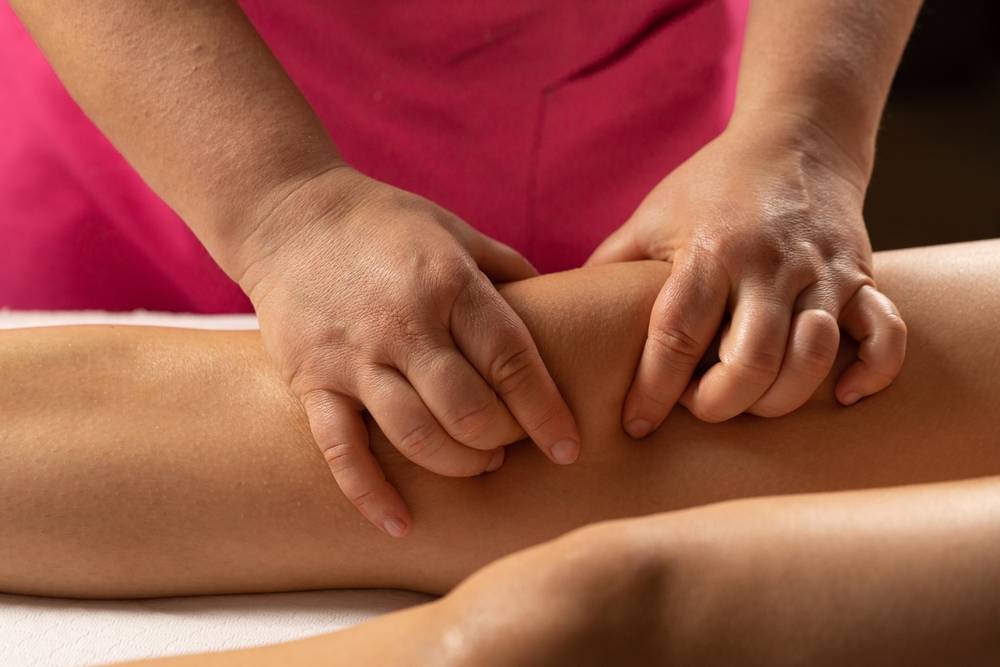Water retention, also known as oedema, occurs when excess fluids build up within the body.
This phenomenon can result from various medical conditions or lifestyle factors. While mild cases might cause discomfort, severe water retention can lead to more serious health issues. We explore the causes of water retention, its implications, and five methods to manage it.
Understanding Water Retention
Water retention often results from an imbalance in the body’s fluid regulation system.
Factors such as high salt intake, hormonal fluctuations, and certain medications can trigger this condition.
Additionally, medical issues like kidney problems, heart failure, and lymphatic dysfunction can cause water retention. While mild cases can lead to swelling in the limbs, severe cases can affect vital organs, impairing their function.
-
Reduce Salt Intake
High sodium levels contribute to water retention, as salt attracts and retains water. To reduce water retention, limit your daily salt consumption.
The Health Promotion Board recommends a maximum intake of 2,000 mg of salt per day for adults.
- Choose fresh, unprocessed foods
- Avoid high-sodium items like processed meats and snacks
- Remember to check food labels for salt content and opt for low-sodium alternatives
- Incorporate herbs and spices to season your meals instead of relying on salt. These flavourful additions can enhance the taste of your dishes without increasing sodium levels. Some examples include garlic, basil, oregano, and rosemary.
-
Increase Potassium Intake
Potassium helps to regulate fluid balance by counteracting the effects of sodium.
Consuming potassium-rich foods can reduce water retention. Foods high in potassium include:
- Bananas
- Avocados
- Sweet potatoes
- Spinach
- Apricots
Consult your healthcare provider before taking potassium supplements, as excessive intake can lead to health issues like hyperkalaemia, which affects heart function.
-
Stay Hydrated
Adequate water intake prevents the body from retaining fluids to maintain hydration.
Experts recommend drinking at least 2 litres of water per day for optimal hydration. Besides water, herbal teas and low-sugar beverages also contribute to daily fluid intake.
Keep a water bottle nearby to encourage regular sipping throughout the day.
Additionally, consuming water-rich fruits and vegetables, such as cucumber, watermelon, and strawberries, can boost hydration levels. Keep in mind that alcohol and caffeine can dehydrate the body, increasing the risk of water retention.
-
Exercise Regularly
Physical activity stimulates blood circulation and lymphatic flow, reducing fluid accumulation. Engaging in regular exercise, such as walking, swimming, or cycling, can help to prevent and alleviate water retention.
Aim for at least 150 minutes of moderate aerobic activity or 75 minutes of vigorous activity weekly.
Incorporate strength training exercises, such as resistance bands or bodyweight workouts, to strengthen muscles and support fluid regulation. Also, consider including yoga or stretching routines to improve flexibility and promote relaxation.
-
Elevate Your Legs
Elevating your legs can promote blood flow and reduce fluid build-up in the lower limbs.
When resting or sleeping, place a pillow under your legs to elevate them above heart level. This position encourages the return of fluids to the heart, alleviating water retention.
Compression stockings can also provide relief by applying gentle pressure to the legs, encouraging fluid movement. Be sure to consult a healthcare professional for guidance on selecting the appropriate compression level and size.
Additional Strategies to Manage Water Retention
- Manage Stress
Alleviate stress through deep breathing exercises, meditation, or hobbies to reduce cortisol-induced fluid retention.
- Monitor Medication Use
Consult your healthcare provider if your medication causes fluid retention, as alternative treatments or dosage adjustments may be necessary.
- Maintain a Balanced Diet
Consume a well-rounded diet with fruits, vegetables, whole grains, lean proteins, and healthy fats to support fluid balance.
- Get Adequate Sleep
Ensure quality sleep by establishing a regular sleep schedule and creating a relaxing bedtime routine to maintain hormonal balance.
Seek Medical Attention When Necessary
If water retention persists or worsens despite lifestyle changes, consult a healthcare professional. Underlying medical conditions, such as kidney disease, liver disease, or heart failure, can cause persistent water retention. Early diagnosis and treatment can help to manage these conditions and prevent complications.

